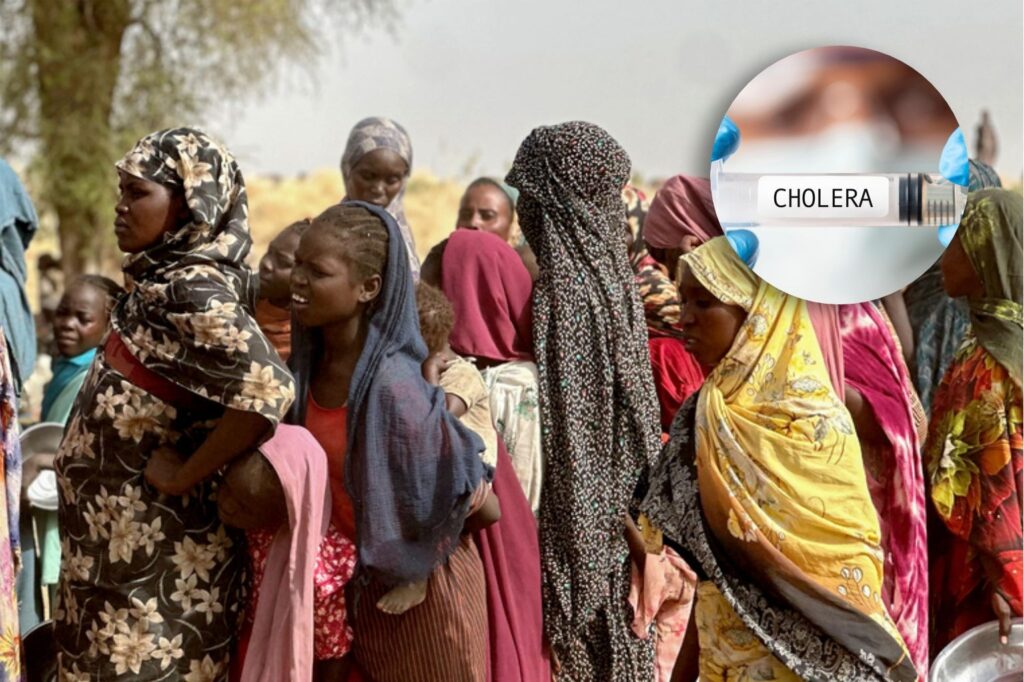
A new cholera outbreak in Sudan has claimed 172 lives and sickened more than 2,500 people over the past week.
The majority of infections have been recorded in the capital, Khartoum, and its twin city, Omdurman, while cases have also been detected in several provinces, including North Kordofan, Sennar, Gazira, White Nile, and the Nile River.
The daily cholera cases in Sudan have skyrocketed from 90 to 815 between May 15 and 25, marking a ninefold increase, UNICEF reported. Since the start of the year, over 7,700 people have been diagnosed with cholera, including more than 1,000 children under the age of four, the agency said.
Also Read | New antibiotic could save millions as it enters final testing phase
Joyce Bakker, Sudan coordinator for Doctors Without Borders (Médecins Sans Frontières, MSF), said the outbreak escalated sharply starting mid-May. MSF teams have treated nearly 2,000 suspected cholera cases in the last week alone.
Bekker said MSF’s treatment centers in Omdurman are overwhelmed and that the “scenes are disturbing”. “Many patients are arriving too late to be saved,” she said. “We don’t know the true scale of the outbreak, and our teams can only see a fraction of the full picture,” she told news agency AP.
Sudan’s Health Minister Haitham Ibrahim noted that cholera cases in the Khartoum region have averaged 600 to 700 per week over the past month.
Cholera is a highly contagious bacterial infection that causes severe diarrhoea and dehydration. It often spreads through contaminated water or food. Cholera is not uncommon in Sudan. In 2017, cholera left at least 700 dead and sickened about 22,000 in less than two months.








